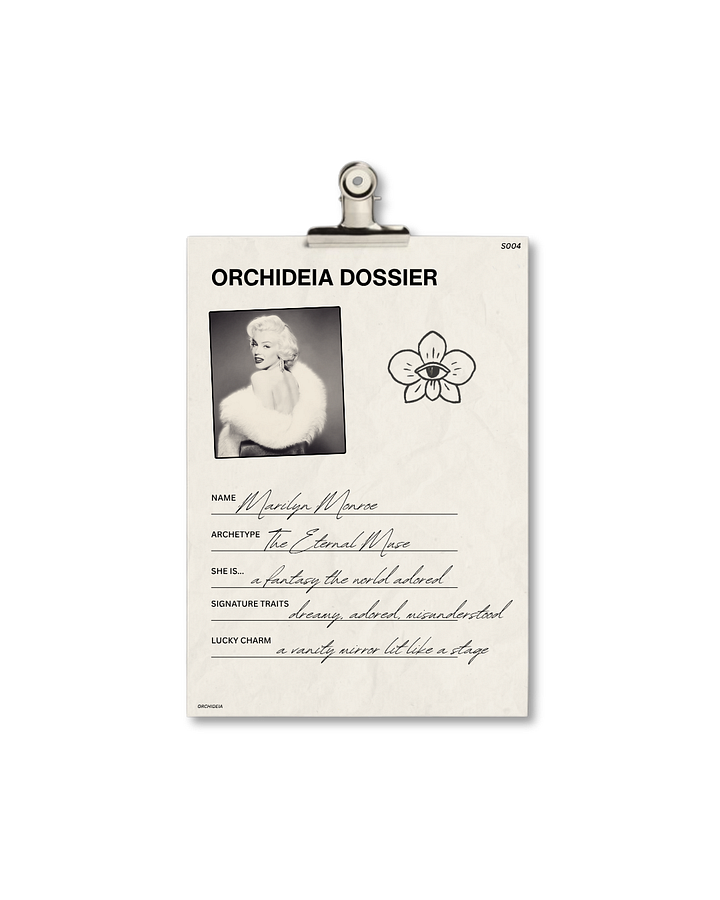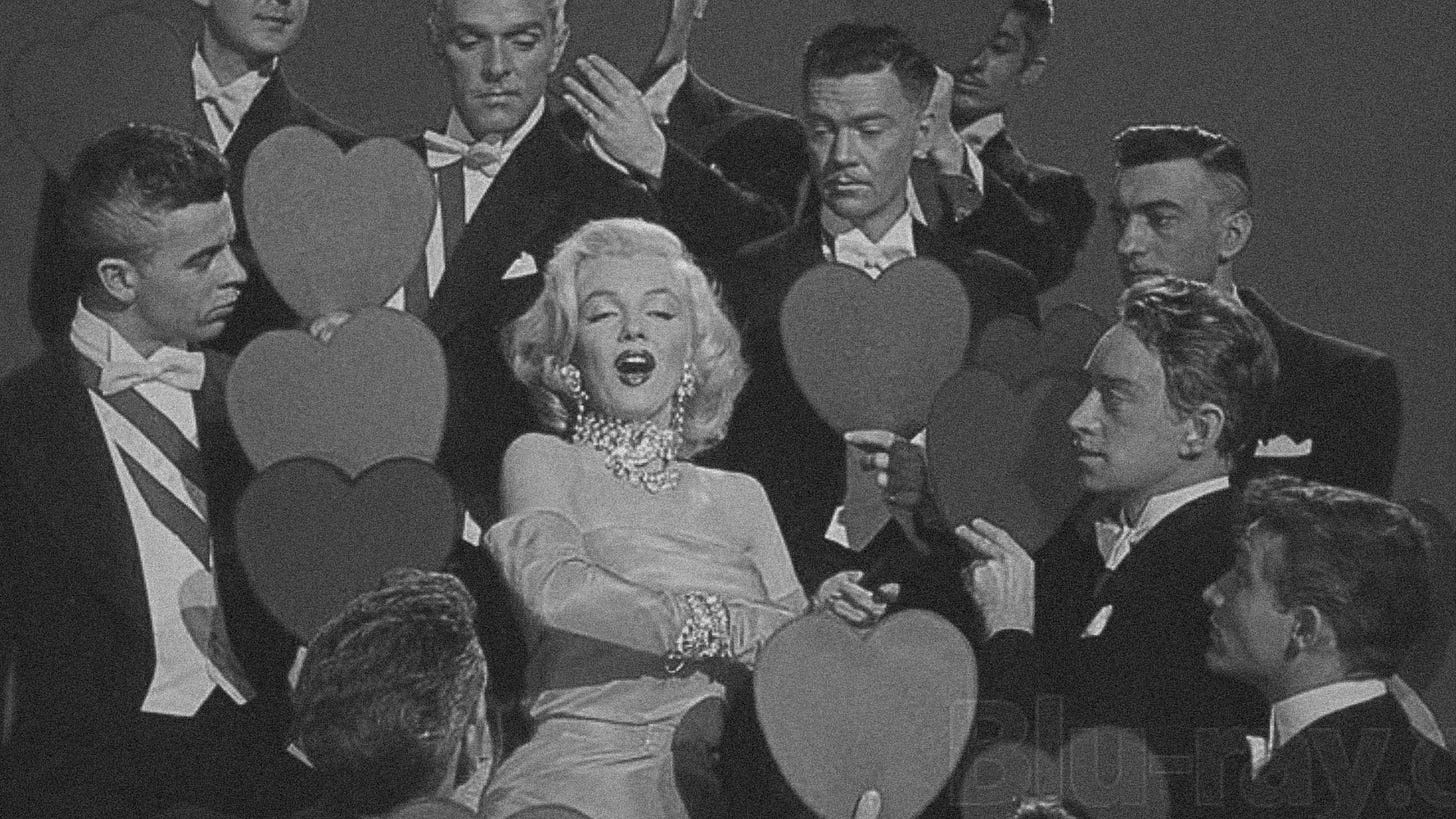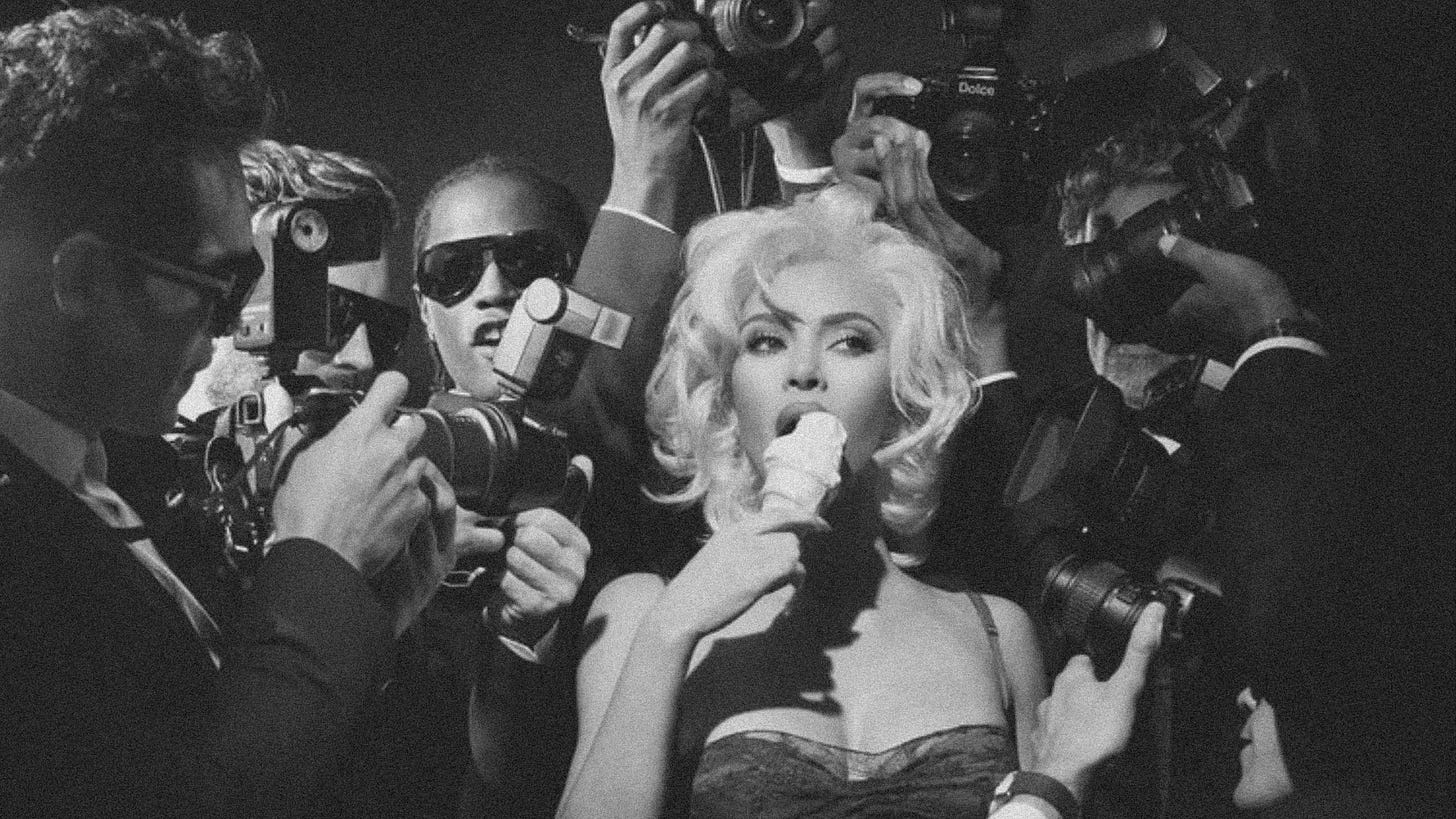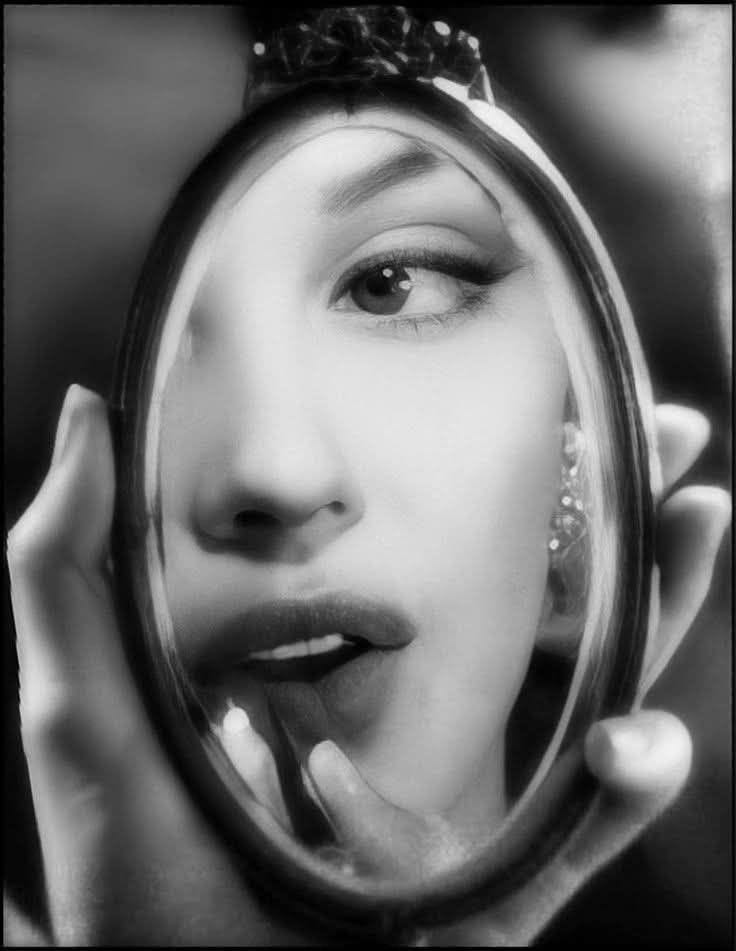On Being Adored & Admired
A dossier on visibility, desire, and the psychology of being wanted.
Inspired by the X trilogy.
Why do we crave attention, applause, and aesthetic worship?
Why do some of us long to be admired, adored, even famous?
Is it rooted in insecurity? Or is it just the bliss of being perceived?
In this dossier, I’ll explore the psychology of adoration, why we want it, how to hold it without desperation, and what happens when admiration becomes obsession. This is the story of the girls who want to be seen… and what it costs them.
ACT I. THE WANT
The hunger for fame, love, and validation


“I wouldn’t settle for being second best.” — Marilyn Monroe
Marilyn didn’t stumble into fame; she chased it. She studied her craft, mastered her image, and knew exactly how to present herself to the world. The “dumb blonde” persona was a calculated performance, not a reflection of her intelligence. She wanted the spotlight; magazine covers, screen tests, the works, but she also wanted more than applause.
She wanted to be taken seriously, to be loved for her mind, to feel safe in a world that only saw curves and bimbo-ness. She built herself into an icon, but the disconnect between who she was and who they projected onto her left a mark. Marilyn wasn’t just adored; she was packaged. Worshipped, but rarely understood.
Kim didn’t just want to be famous; she needed it. She’s admitted she was obsessed with fame, and she chased it with full intention. From organizing closets for Paris Hilton to turning a leaked sex tape into the launchpad for an entire media empire, every move was very intentional. She knew fame was a machine, and she learned how to run it.
Keeping Up with the Kardashians gave her the perfect stage: intimate enough to feel relatable, glamorous enough to feel aspirational. But the real genius wasn’t in how she got famous; it was in how she stayed famous. She understood that attention isn’t luck, it’s leverage. She controlled the narrative, fed the algorithm, and turned her personal life into global content. Her brand isn’t built on mystery; it’s built very carefully and intentionally.
ACT II — THE MIRROR
What we become in pursuit of admiration
“I will not accept a life I do not deserve.” — Maxine, X
Mia Goth’s characters in the X trilogy, Pearl, Maxine, and Old Pearl, represent the Siren’s full life cycle. Each version of her reveals a different stage of the desire to be adored.
Pearl is the tragic starlet; wide-eyed, repressed, and desperate to escape a small, lonely life. She wants to be chosen, spotlighted, and loved. But when she isn’t, her obsession curdles into violence. She believes if she can’t be admired, she’ll be feared.
Maxine is everything Pearl wasn’t. She’s sexy, self-assured, and unbothered by what people think. She believes she’s destined to be a star, and she moves through the world like it’s already true. Maxine doesn’t beg for attention. She demands it.
Old Pearl is the ghost of the Siren who was never chosen. She watches Maxine with grief and envy. She’s haunted by the attention she once wanted and now resents. She’s no longer a starlet. She’s a warning.
Together, they tell a story many women know too well:
The hunger to be seen.
The performance to stay desirable.
And the heartbreak of being forgotten once you no longer shine.
→ Check out our ‘X’ trilogy archetype posts here!
ACT III — THE CONSEQUENCE
When being perceived turns into being consumed
Admiration always comes at a cost. The more you give people access, the more they think they’re entitled to all of you. Suddenly, you’re not just seen, you’re consumed.
Even silence becomes something to analyze.
Even your absence becomes a statement.
It’s why so many girls walk the tightrope between wanting to be known and fearing they’ll be misunderstood. There’s power in being visible, but also vulnerability. The question is: can you reclaim the way you're perceived?
The answer is…yes, but only if the performance ends with you.
FINAL ACT — KNOWING WHO YOU ARE
A guide to self-concept (and still loving the spotlight)
What is self-concept?
It’s how you see yourself when no one’s looking. It’s the version of you that isn’t based on someone’s reaction, attention, or praise. It’s not your aesthetic, your “vibe,” or your public image. It’s the quiet knowing: this is who I am, whether I’m adored or ignored.
Building self-concept means you stop needing the gaze to feel whole. You stop performing versions of yourself just to be chosen. You stop disappearing when no one’s watching.
It’s not about rejecting attention, it’s about detaching your worth from it.
There’s nothing wrong with wanting to be admired. Or adored. Or even famous.
There’s nothing wrong with craving the applause, the aesthetic validation, the spotlight.
You’re allowed to want to be seen.
What’s dangerous is needing it. Obsessing over it. Feeling like you’re not complete without it. That’s when admiration becomes a survival mechanism instead of a celebration.
Because don’t get me wrong, a girl likes her spotlight too.
But there’s power in knowing the difference between need and want.
Wanting means you can enjoy it. Play with it. Let it amplify you.
Needing means you’ll fall apart without it.
Just don’t forget: you were someone before the world ever noticed.
And you’ll still be someone after the applause fades.
Thanks for reading the Orchideia Dossier!
This week’s obsession?
It’s not about being pretty, it’s about being unforgettable.
They don’t adore the look. They adore the aura.
Come back weekly. The icons change, but the feeling stays.







